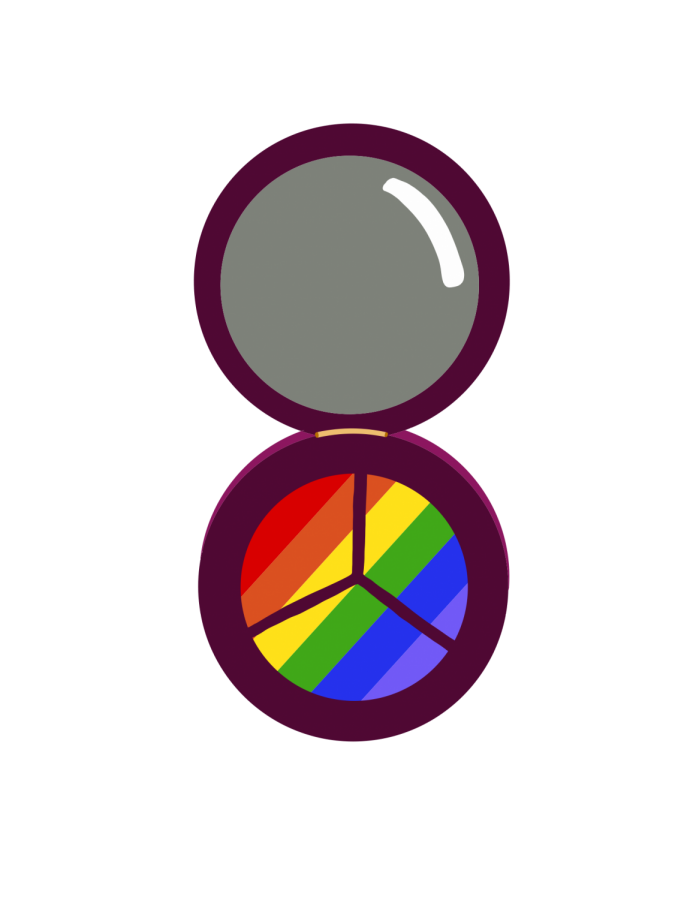Makeup Revolution
Makeup has become a way for much of the LGBTQ+ community to express themselves and to normalize their identities in the media.
More stories from Kayla Le
Makeup is false advertising. Well, at least that’s what people would have said a couple of years ago, you know, when objectifying women was still normal and the male gaze was constantly entertained (not saying these problems are entirely gone, though).
More recently, with the rise of social media and beauty gurus, women have proven that makeup is not solely a way to impress men, but rather a form of self-expression and internal acceptance.
However, we are beginning to realize that makeup is not only for straight cisgender women—it’s for everyone, and it has become a platform for the LGBTQ+ community. Many social media influencers who are part of the LGBTQ+ community have made their big break through the makeup industry, generally through videos, social media posts, and building brands.
In a similar way, makeup has become an oulet for queer people for self-expression and has normalized queer people in the media. Major influencer and YouTube beauty guru Nikkie de Jager, for example, who is better known as NikkieTutorials, recently came out as a transgender women to her over 13 million subscribers. While this revelation came as a surprise and many said that they “never would have guessed she was trans” (which is problematic for its own reasons), Nikkie did not make a coming out video just for a public response. In fact, Nikkie made only one thing clear: she is still Nikkie, no matter how she identifies.
Expressing oneself through makeup beyond the confinement of labels–specifically the labels of being “gay,” or “trans,” or “queer”–has revolutionized the makeup industry. It is not only making makeup more accessible and acceptable for people of all gender identities and sexual orientations, but it is also providing an outlet for queer artists that would rather be known for their art and who they are as a person over their gender and sexual identities.
As a whole, LGBTQ+ makeup artists have changed the boundaries of what should be considered masculine or feminine and of what role people are being assigned depending on their gender.


